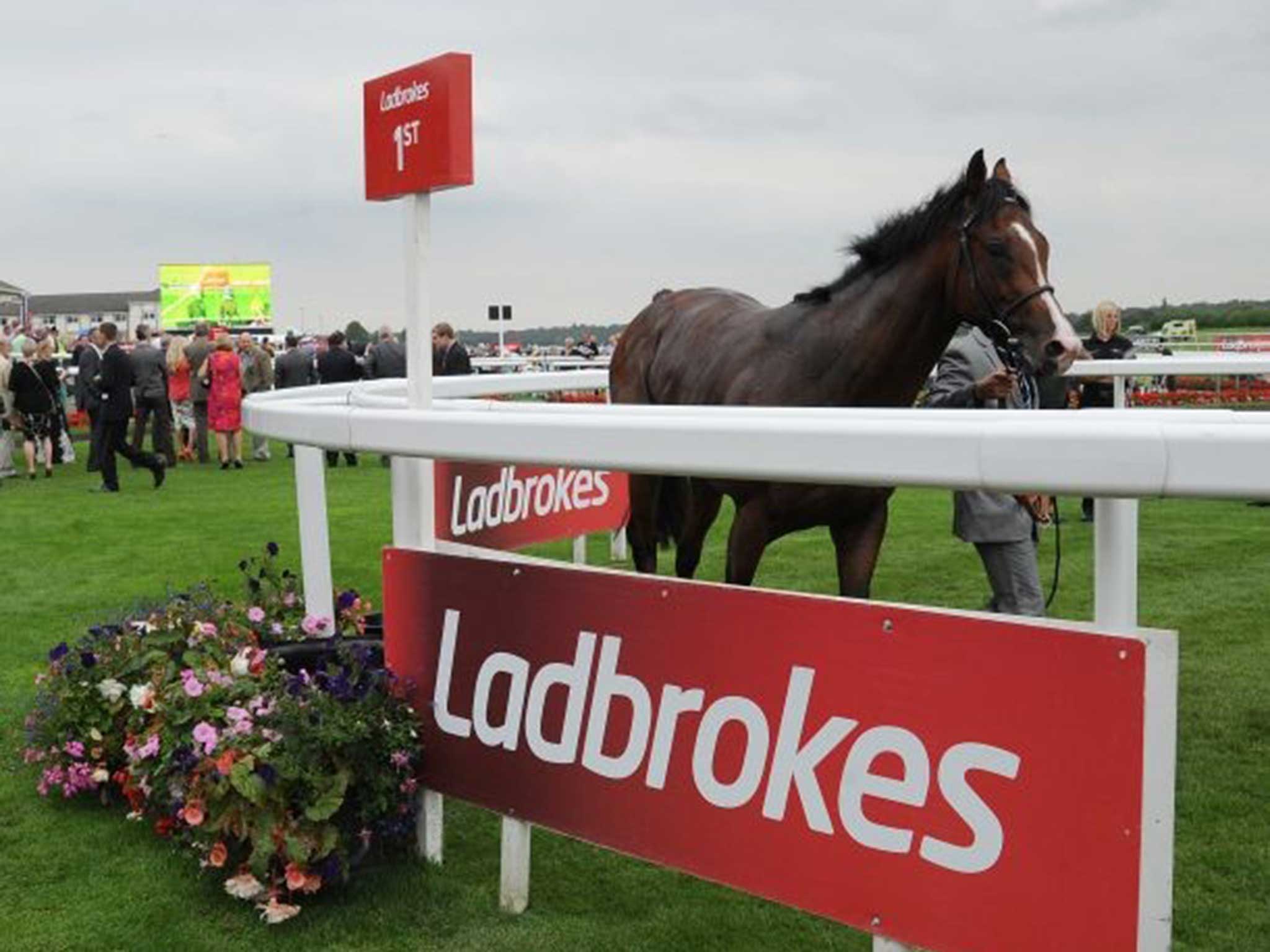Ladbrokes and Coral sell shops to Betfred for a song but they’re not the real losers
Four big chains controlled 87 per cent of UK betting shops before the deal. That will go down to three if sale of more than 300 shops to Betfred persuades competition watchdogs to green light Ladborkes and Coral merger

Betfred owner Fred Done likes to describe himself as the “bonus king” to highlight the daily price boosts and bonuses offered to patrons of his betting shops.
It’s Fred who is pocketing a bonus through the deal he’s struck with Ladbrokes and Coral.
He’s buying 322 licensed betting offices – betting shops to you and me – for just £55m, boosting his High Street presence by nearly 25 per cent to 1,700 shops as a result.
A further 37 shops will go to Stan James, a largely online bookie, for £500,000. You read that right. It works out at less than £14,000 per shop.
Now between them those shops generate earnings before interest, taxes, depreciation and amortisation of £17m annually. So the price that Ladbrokes and Coral have achieved represents a pitiful multiple of just 3.3 times the shops' combined earnings.
Ladbrokes blandly describes the deal as “slightly dilutive” to the earnings of the merged Ladbrokes Coral if it proves to be enough to persuade competition regulators to approve the tie up. It couldn’t really publicly admit that the price it has achieved is best described as dreadful.
It’s almost as if they two buyers had walked into one of those shops and hit on every bet placed. Most punters can only dream of a score like that.
Of course, Ladbrokes and Coral had the choice of either selling or canning their merger. As a forced seller they were always going to have to accept a reduced price.
Further complicating things were the very competitive issues identified by the Competition and Markets Authority before it demanded the sales. The betting industry has been rapidly consolidating. There aren’t many rivals capable of absorbing that many shops while at the same time keeping the CMA happy.
William Hill, the number two chain after the merger, is said to have had a look, but it has rather bigger issues to deal with even if Ladbrokes and Coral were minded to sell to their biggest rival. Irish outfit Boylesports was a strong runner for a while. There weren't any other entrants for this race in the starting stalls.
However, when you assess the implications of this particular deal it soon becomes clear that Ladbrokes Coral isn’t the only loser. It might not even be the biggest loser.
Prior to their tie-up, a big four of Ladrokes, Coral, William Hill and Betfred controlled 87 per cent of UK betting shops. After its completion a big three of Ladbrokes Coral, William Hill, and Bettered will control 87 per cent of UK betting shops.
Betting shop customers are entitled to the same sort of protection from the competition authorities as any other group of customers. The same goes fro the rapidly diminishing number of independent bookmaking businesses and chains. Are they getting that?
Business news: In pictures
Show all 13At the very least, that is open to question. The punters might see some winnings. Mr Done will have the financial flexibility to make good on his “bonus king” boast if the deal completes.
As for the independent bookies and the small betting shop chains? Lots of them went out of business when one Frankie Dettori rode seven winners at Ascot in September 1996. They had to pay out hundreds of thousands of pounds to many winners of accumulator bets.
With tax, costs and regulation already cutting deep into their margins, this deal might just finish off the few remaining survivors.
Subscribe to Independent Premium to bookmark this article
Want to bookmark your favourite articles and stories to read or reference later? Start your Independent Premium subscription today.

Join our commenting forum
Join thought-provoking conversations, follow other Independent readers and see their replies